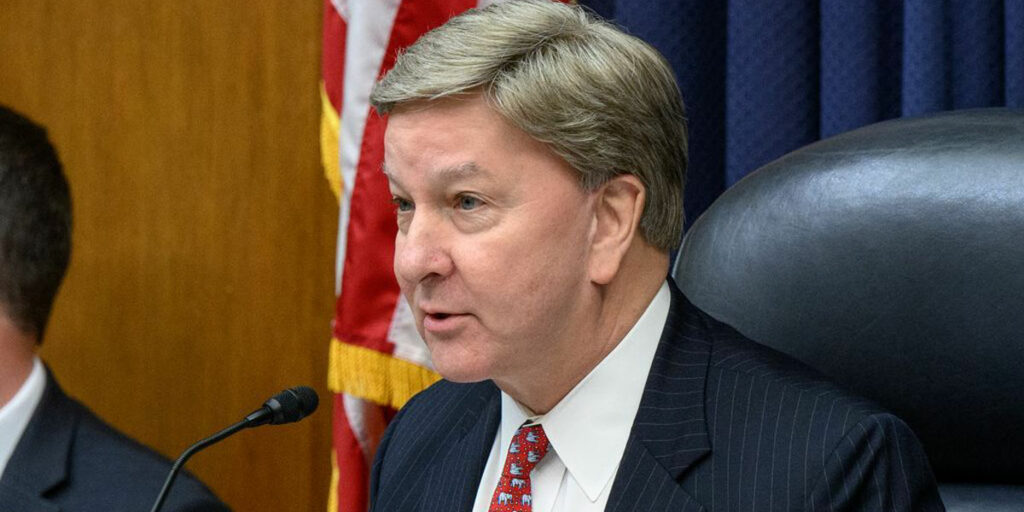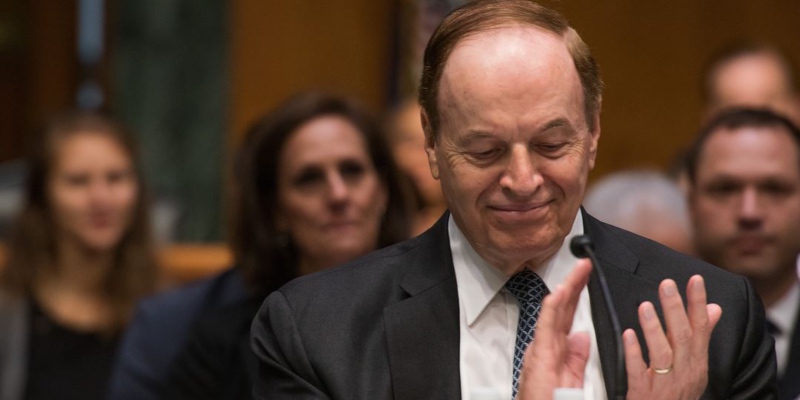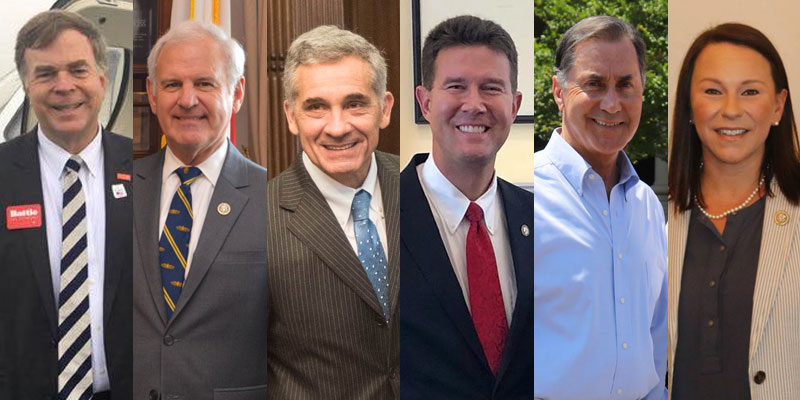
WASHINGTON — One week after Donald J. Trump won the presidency on a promise to “Drain the Swamp,” one Alabama congressman is working to revive the practice of earmarking, which Robert Bluey of the conservative Heritage Foundation on Tuesday decried as “synonymous with government waste and pork-barrel spending.”
The Congressional Research Service defines earmarks as spending attached to “bills that apply to a very limited number of individuals or entities.” The practice was banned in 2010 when Republicans re-took control of the House.
But Rep. Mike Rogers (R-AL3) has joined with Reps. John Culberson of Texas and Tom Rooney of Florida to sponsor an amendment to House rules that would revive earmarks going forward.
“The amendment would bring back legislative earmarks for some government agencies, including the Department of Defense, the Army Corps of Engineers, the Department of Homeland Security, and the Bureau of Reclamation,” explained Bluey. “It also would allow lawmakers to provide earmarks for state and local governments, except for recreational facilities, museums, or parks.”
Republicans are set to meet Wednesday to vote on the rules for the next session of Congress, which begins in January.
“If the (Rogers) amendment is adopted by a secret-ballot vote Wednesday, lawmakers would be able to request earmarks once again as long as the sponsoring member is identified, the earmarks initiate in committee, and they don’t increase spending,” said Bluey.
Earmarks have long sparked outrage among many conservatives and taxpayer watchdog groups. Perhaps most famously, Rep. Don Young (R-AK) attached a $398 million earmark to a spending bill to build a bridge that would be have been used by a total of about 50 residents in his district. The backlash was so severe that “Bridge to Nowhere” became a household phrase.
But some people continue to believe that while earmarks have been abused in the past, they can be useful in helping to keep the gears of Congress turning.
This is not the first time Rogers has sought to end the ban.
During a closed-door meeting in 2014, House Republicans voted 145-67 against another Rogers proposal, which would not have lifted the ban entirely, but would have allowed the use of earmarks for “state, locality (including county and city governments), or a public utility or other public entity.”
Rogers explained the proposal by saying he believed the President had too much power over Congress’s spending priorities when they do not have the ability to attach earmarks to legislation.
“I do not believe most people trust how President Obama spends our tax dollars,” Rogers told The Daily Caller at the time. “This proposal would allow the conservative, Republican-controlled House to reassert its Constitutional authority over the Obama Administration and the spending decisions it is currently making.”
In spite of Rogers’ efforts in 2014, the Republican-controlled House continued its prohibition on earmarks. We will find out tomorrow whether or not that will continue for another two years.
Rogers’ office did not respond to a request for comment on this story.












